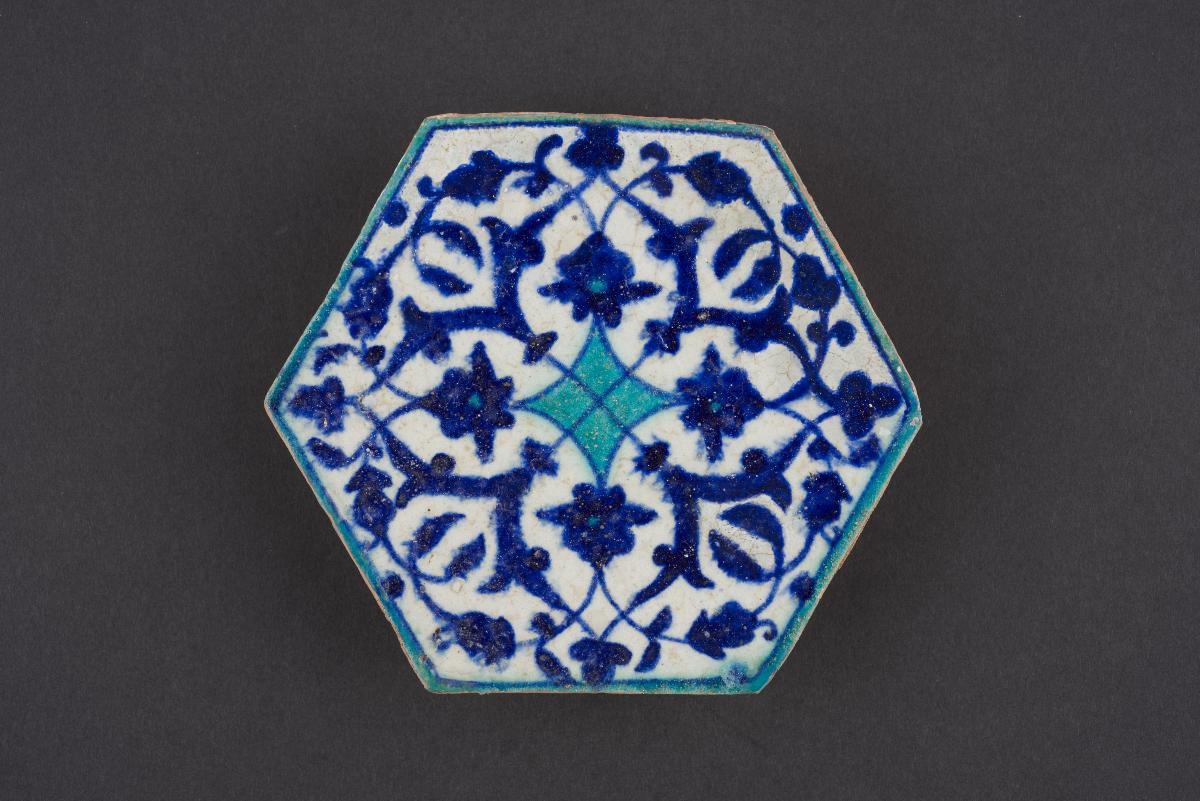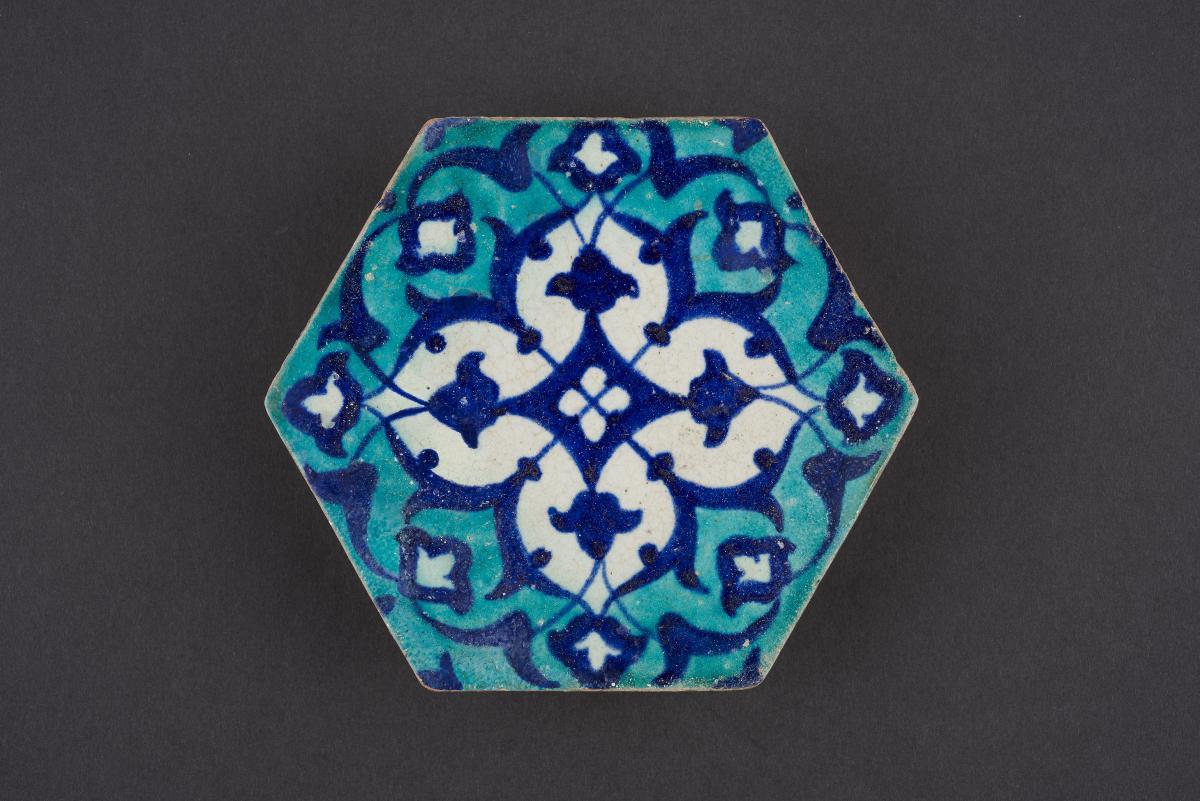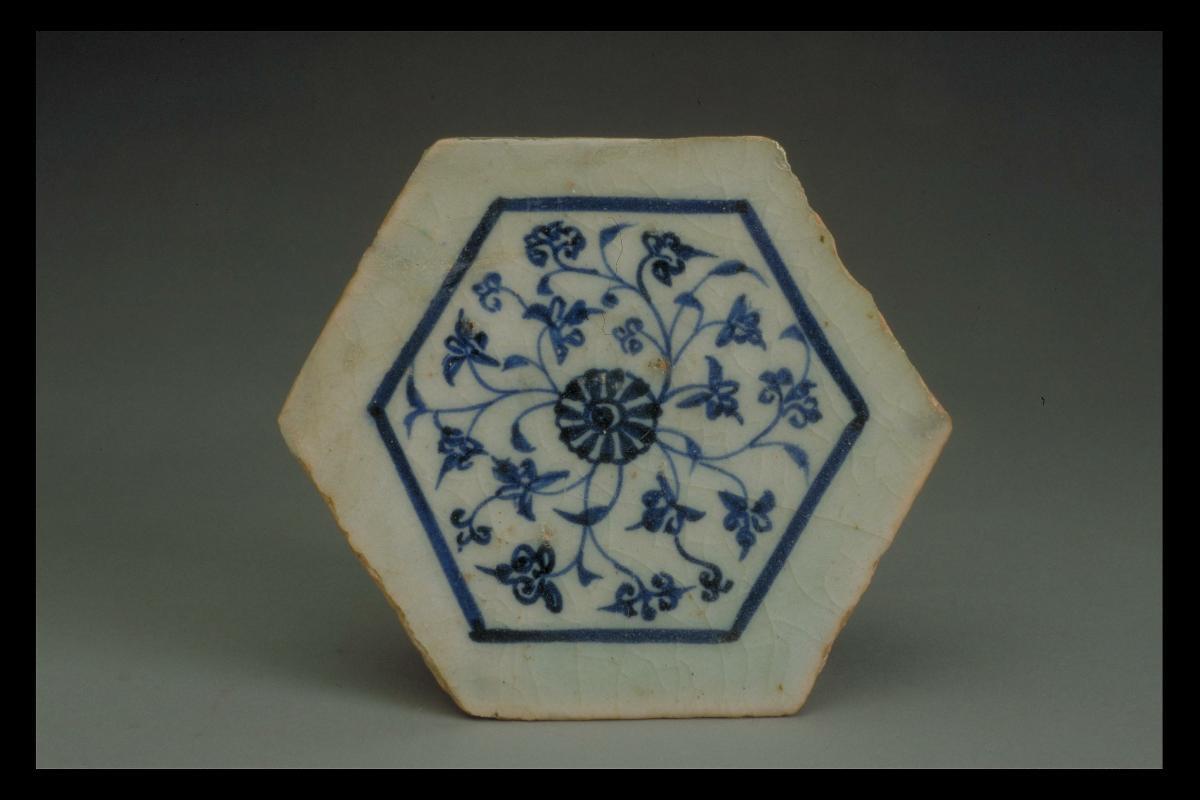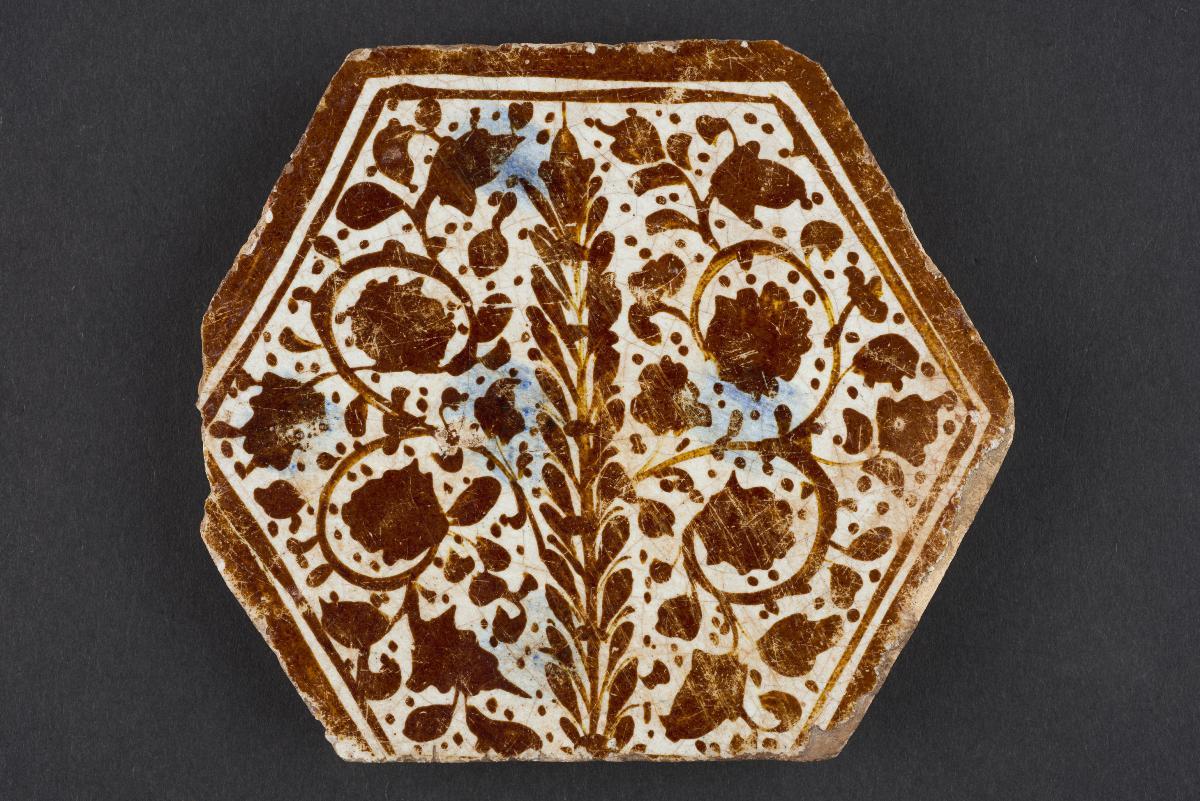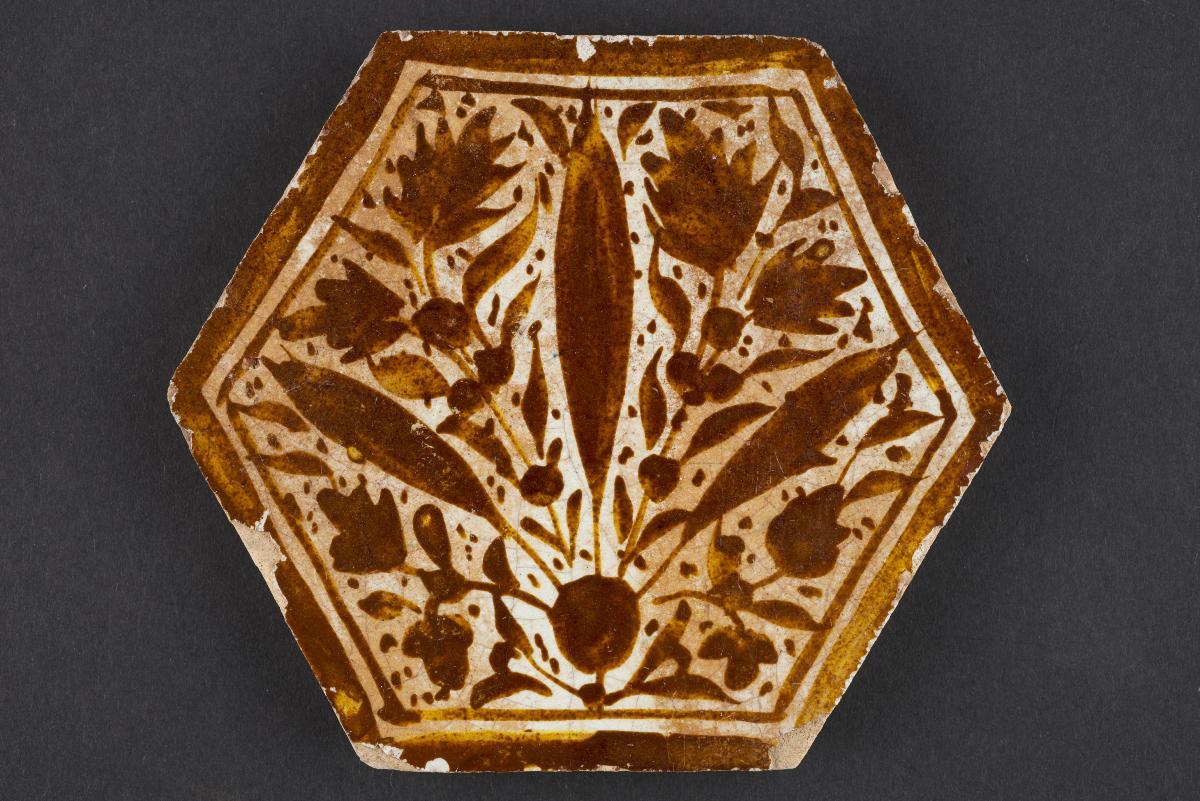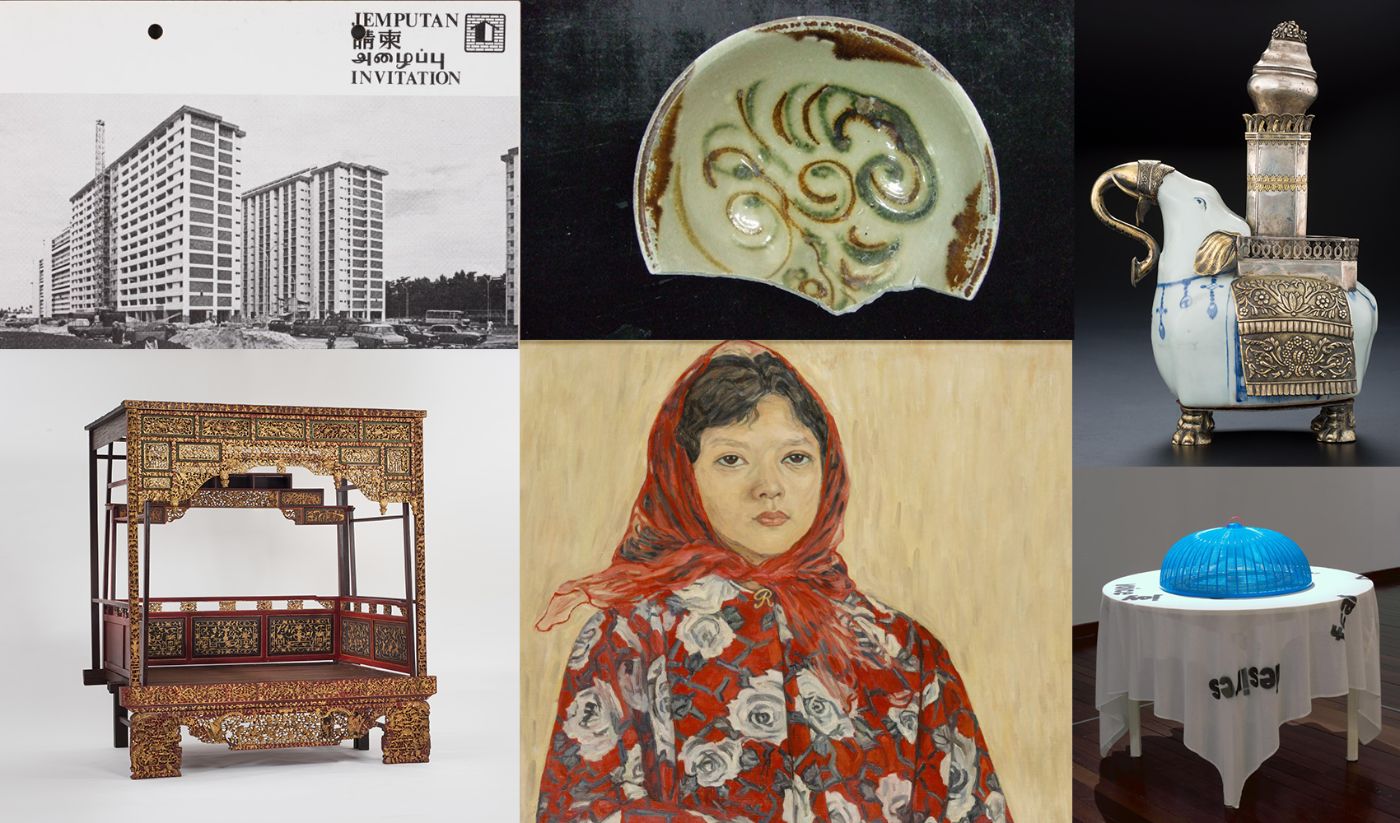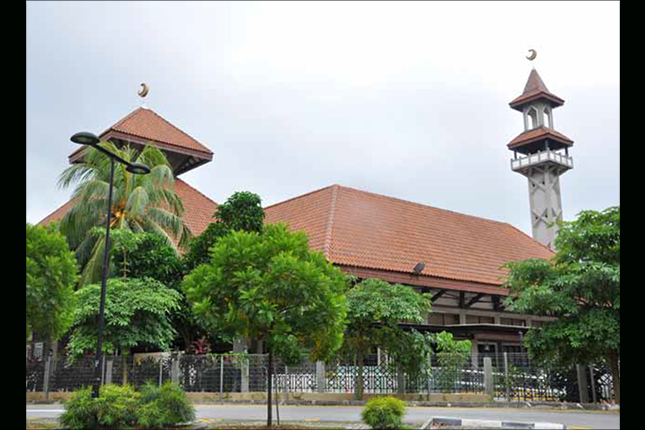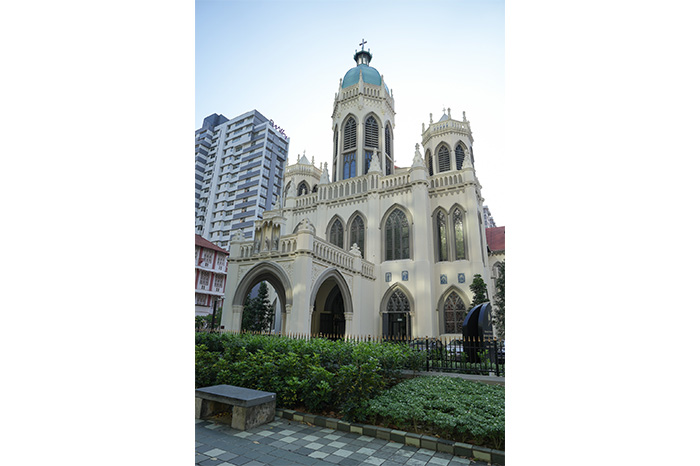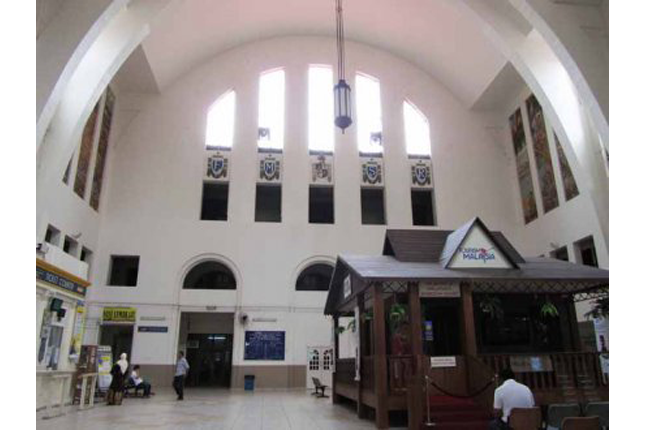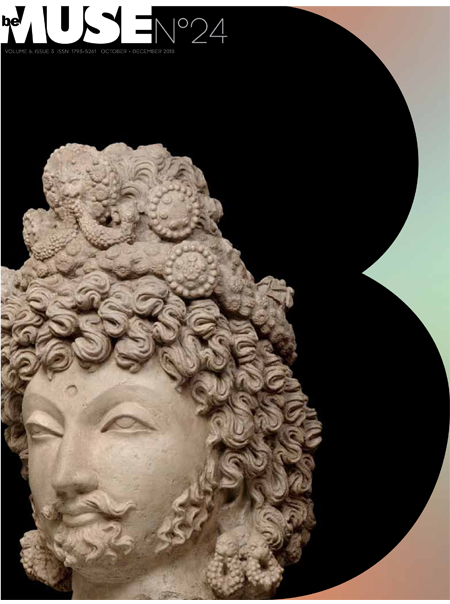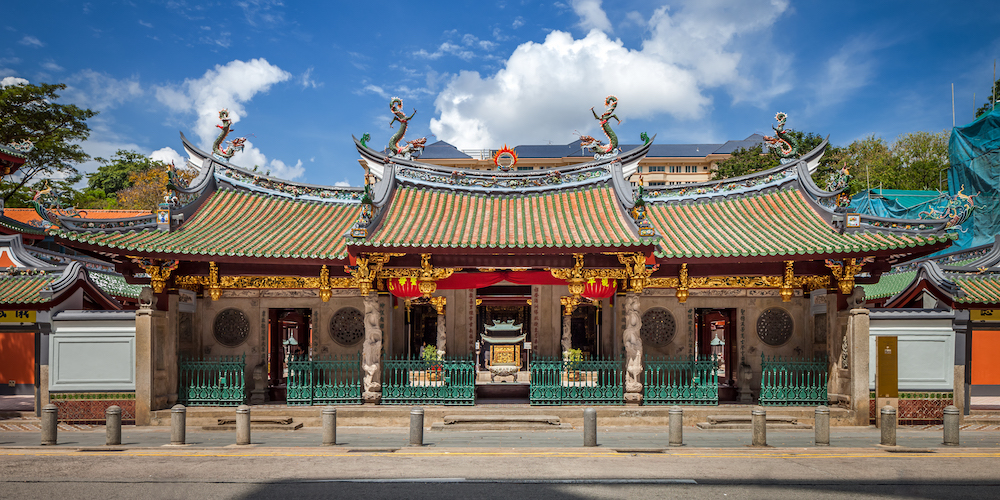Typical of Indian tile production, Bijapur tiles are made of red clay, covered in white slip and decorated with underglaze painting. This tile bears a turquoise rhomboid or diamond-shaped motif in the centre, framed by arabesque ornamentation in cobalt - a colour palette signalling the influence of Persian culture and aesthetics. Bijapur served as the capital for the Adil Shahis between the 15th and 17th centuries. The Adil Shahi dynasty was founded by Yusof Adil Khan, who had migrated from Iran to India in the late 15th century. Bijapur was the first province to proclaim independence following the rapid decline of the preceding Bahmani kingdom, and on account of Yusof's professed faith, the first Indian Shi'ite state, thus proclaimed soon after the Safavids declared Shi'a Islam as the state religion of Iran.




